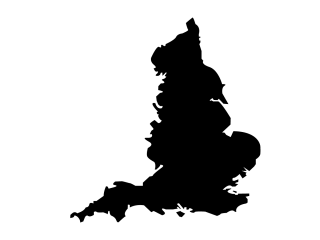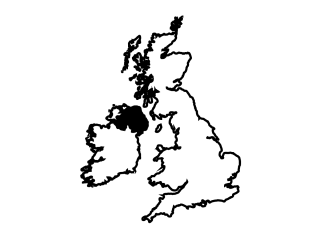What is harassment?
Harassment is repeated and unwanted behaviour that is intended to cause distress or make you feel intimidated or humiliated. It can happen on its own or alongside other forms of discrimination.
Citizens Advice explains that 'unwanted behaviour' could be:
- spoken or written words or abuse
- offensive emails, tweets or comments on social networking sites
- images and graffiti
- physical gestures
- facial expressions
- jokes
Types of harassment
Harassment can take on different forms and it's important that there are clearly explained.
Online harassment is where the harassment occurs online, for example on social media platforms or via text messages. This could include:
- Threatening or abusive messages
- Repetitive unwanted communication
The Scottish Women's Rights Centre define sexual harassment as 'unwanted conduct of a sexual nature'.
Some examples of sexual harassment are:
- Making sexually embarrassing ‘jokes’
- Wolf-whistling or catcalling at you in the street
- Sending inappropriate texts and emails to or about you
- Making offensive and/or sexually explicit comments
- Making unwelcome verbal or physical advances
- Unwelcome touching in a sexual way
Physical harassment can describe harassment happening 'in-person'. This could include:
- Threatening behaviour or direct threats with intent to cause harm
- Damage to property
- Physical violence (such as hitting, pushing or kicking).
The Equality Act 2010 makes it against the law to discriminate against someone because of a protected characteristic, these are:
- Age
- Disability
- Gender reassignment
- Marriage and civil partnership
- Pregnancy and maternity
- Race
- Religion or belief
- Sex
- Sexual orientation
Is it against the law?
Harassment is against the law in the UK. The law states that you must have experienced at least two incidents by the same person or group of people for it to be harassment.
It's the courts that decide if something is harassment under the Act. The courts will look at whether most people or a reasonable person would think the behaviour amounts to harassment.
What to do if you're being harassed online
Especially if the harassment has been going on for some time, it may be that there is a lot of evidence to collect. We suggest taking screenshots of everything you see relevant such as call logs and messages you have received with the dates and times they were sent.
It may also be a good idea to create a timeline of events in as much detail as possible, this could include times/dates of when incidents occurred to help you keep track of what has happened and when.
We understand that the first reaction you may have is to want to delete all the communication immediately. This is your choice, but we do advise that if you want to seek legal action it may be best to contact the police first before reporting the content and risk having evidence removed prematurely.
Harassment is against the law in the UK. You can get report the crime to the police by using their non-emergency 101 number or the online reporting form for your police force.
Remember, you are a victim of crime. Be prepared that they may not know the best way to deal with your problem, but you should always expect a non-biased, non-judgemental response.
Make sure you keep a record of your log/case number so the police can quickly access your details if you want to add additional information or get an update on the investigation. It will also save you having to repeat what has happened over and over which may be distressing for you.
If you are in any immediate threat of physical danger or risk, call 999.
If the harassment is taking place on a social media platform, you can find advice on how to report this via Report Harmful Content here. If you have already reported the content and they have replied to say no action will be taken, Report Harmful Content may be able to provide further support, you can submit a form here to contact the service.
Most forms of harassment are banned by most platforms, including fan and cam sites. If the harassment you are facing is from a subscriber on your platform, we would strongly suggest reporting the user to the platform so they can act accordingly based on their terms of service, and also to prevent the user from displaying the same behaviour to someone else.
Most platforms will have a support section, if you're unsure of what breaches terms of service, you can find information and links to popular adult site rules here and information on social media and other platform rules here.
We understand how distressing online crimes can be and encourage all victims to reach out and get extra support if they need it. You’re not alone and help is out there.



